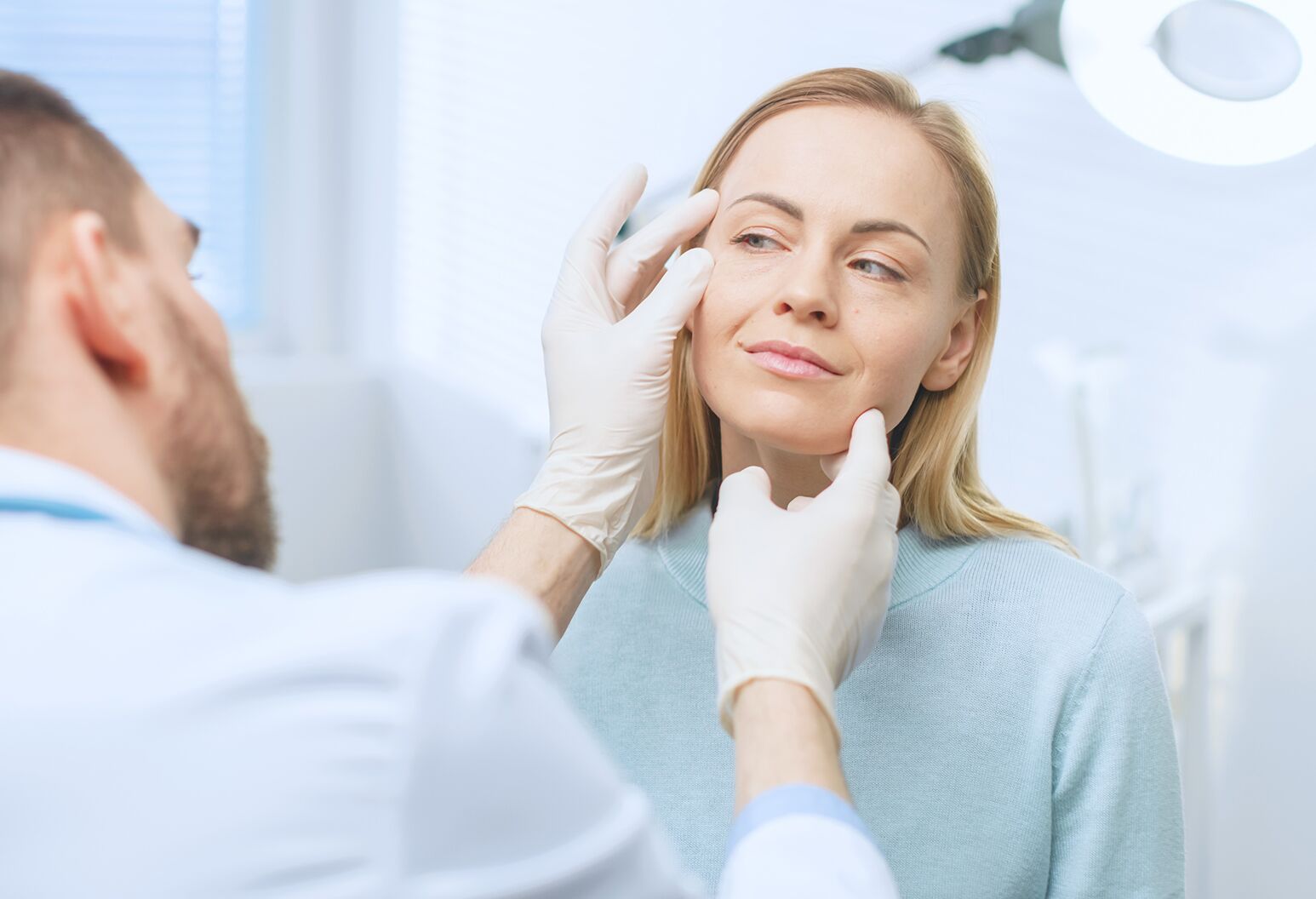skin health
What Happens During Mohs Surgery?

The price tag might look appealing, but a plastic surgeon explains why medical tourism procedures often come with unexpected consequences.
3 min read
A quick trip, a lower price tag, and the possibility of a refreshed appearance—the promise of cosmetic procedures abroad can be enticing. Yet, as a board-certified plastic surgeon, I have treated too many patients who return home with unexpected complications. Any financial savings (even if significant) aren’t worth the often shoddy result, and potential impact to your long-term health and safety.
Cosmetic surgery requires precision, expertise, and careful postoperative care. While many countries offer skilled surgeons, patients often don’t do their homework. Before you board that flight, consider these key risks.
Surgeons abroad don’t need the same credentials
In the United States, board-certified plastic surgeons complete years of specialized training and must adhere to strict safety protocols. Abroad, these requirements vary. Some facilities offer high-quality care, but others operate without sufficient oversight.
Before committing to an international provider, ask: Is the surgeon board-certified? Where did they train? Do they have hospital privileges? If a surgeon lacks credentials or hospital affiliations, it may indicate substandard care.
By providing your email address, you agree to receive email communication from The Well.
Postoperative care is lacking
Surgery is just the first step. The real challenge begins with recovery. Many complications—such as infections or slow healing—emerge days or weeks later. Patients who undergo procedures abroad often find it difficult to access adequate follow-up care once they return home.
If a problem arises, who will manage it? Many local surgeons are reluctant to treat complications from overseas procedures. In some cases, patients end up in emergency rooms, facing additional medical bills and uncertainty.
Surgical facilities abroad may not meet safety standards
Not all surgical facilities maintain the same hygiene standards as those required here. In the U.S., operating rooms must be sterile, anesthesia must be administered by trained professionals, and all equipment must meet safety guidelines. Without these assurances, the risk of infection and other complications rises significantly.
There are unexpected costs
A discounted surgery abroad may ultimately cost far more than anticipated. Patients who return with postoperative infections, wound dehiscence (where incisions reopen), or deep vein thrombosis (a dangerous blood clot) often require urgent medical attention. Hospitalization and corrective procedures in the U.S. can quickly add up, negating any initial savings.
If you’re exploring cosmetic procedures abroad, take these steps to safeguard your health:
Research your surgeon and facility. Look for board certifications, reputable training, and hospital privileges.
Look into postoperative care. Who will manage your recovery if complications arise? Ensure you have a follow-up plan in place before your procedure.
Prepare for emergencies. If a medical problem occurs, will you be able to afford additional medical expenses?
Consult a U.S.-based surgeon first. An expert consultation can help you assess realistic expectations, risks, and alternatives.
While medical tourism offers an appealing price point, it comes with significant risks. Many patients return home satisfied, but others find themselves facing medical complications they never anticipated. The potential health hazards, lack of follow-up care, and variability in surgical standards should all be carefully weighed before deciding. A well-informed choice today can prevent regrets tomorrow.
The Well is Northwell Health’s commitment to the future of health care. In this time of information overabundance, much of which is inaccurate, unhelpful, or even difficult to understand, Northwell Health is on a mission to make a difference as an honest, trusted, and caring partner. The site connects with consumers to provide them with personalized content that reduces their stress, makes them laugh, and ultimately feel more confident and capable on their healthcare journey.